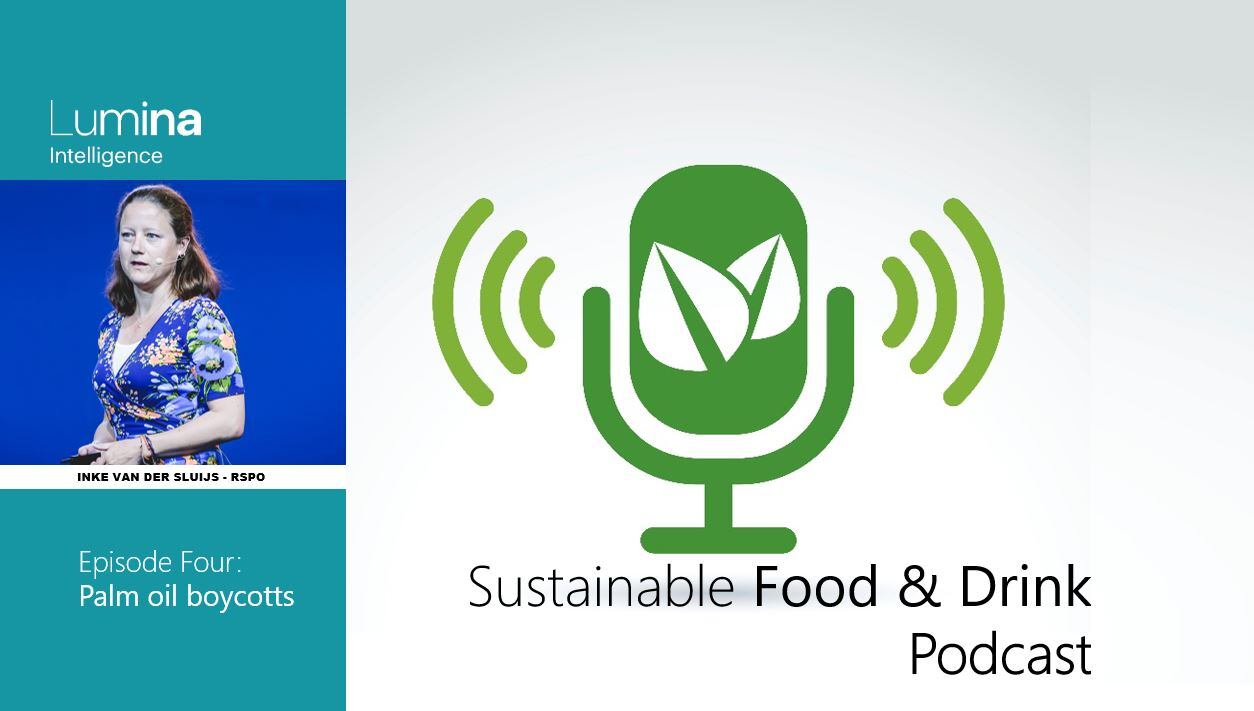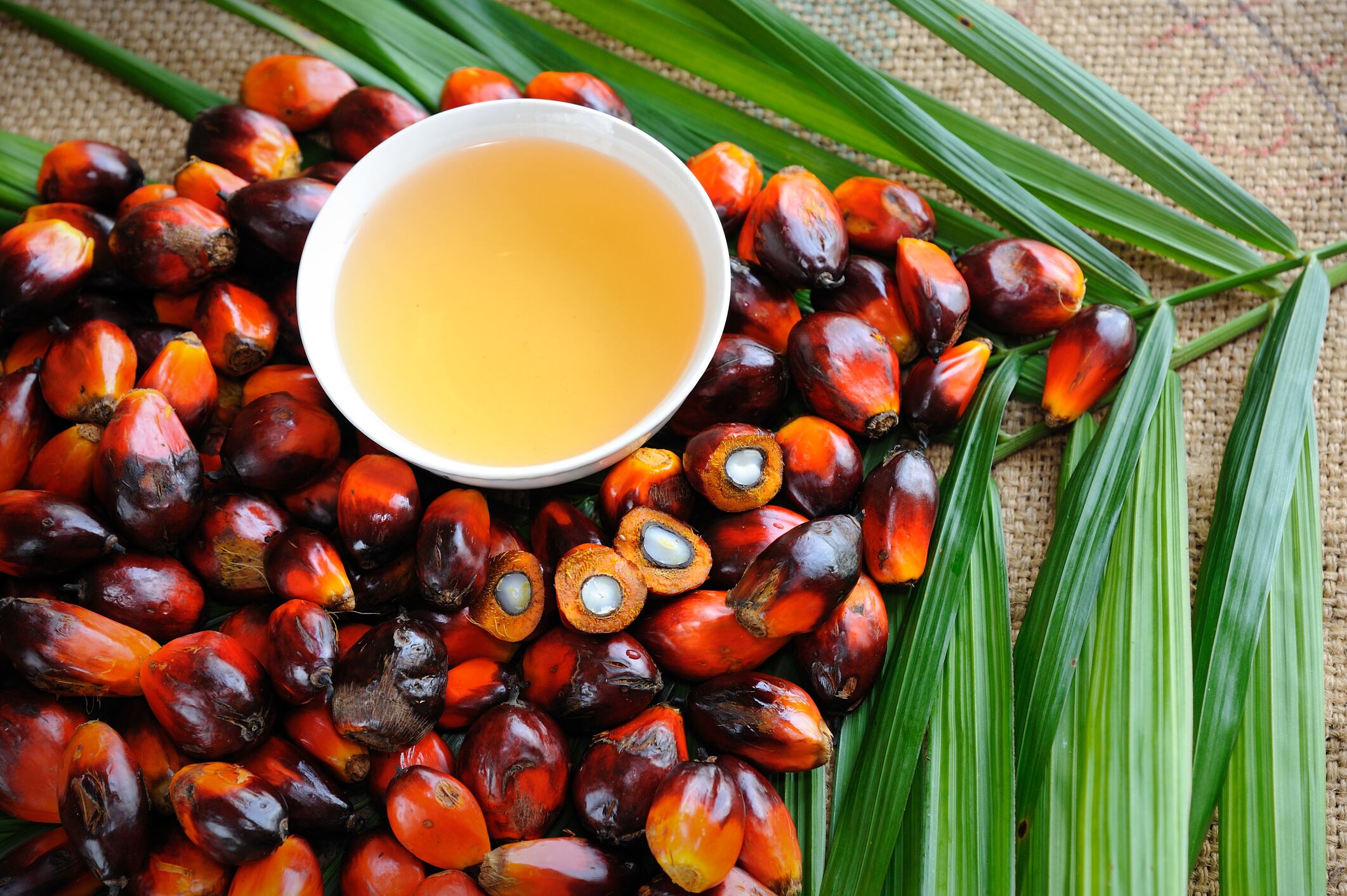UK retailers Iceland and Selfridges have imposed bans on palm oil for own-label brands in the last year, while RSPO says no palm oil claims are rising in consumer goods.
Iceland’s move was supported by a now banned Christmas ad, produced in collaboration with Greenpeace, highlighting palm’s connection to deforestation that threatens endangered orangutans.
Sustainble palm demand stabilising
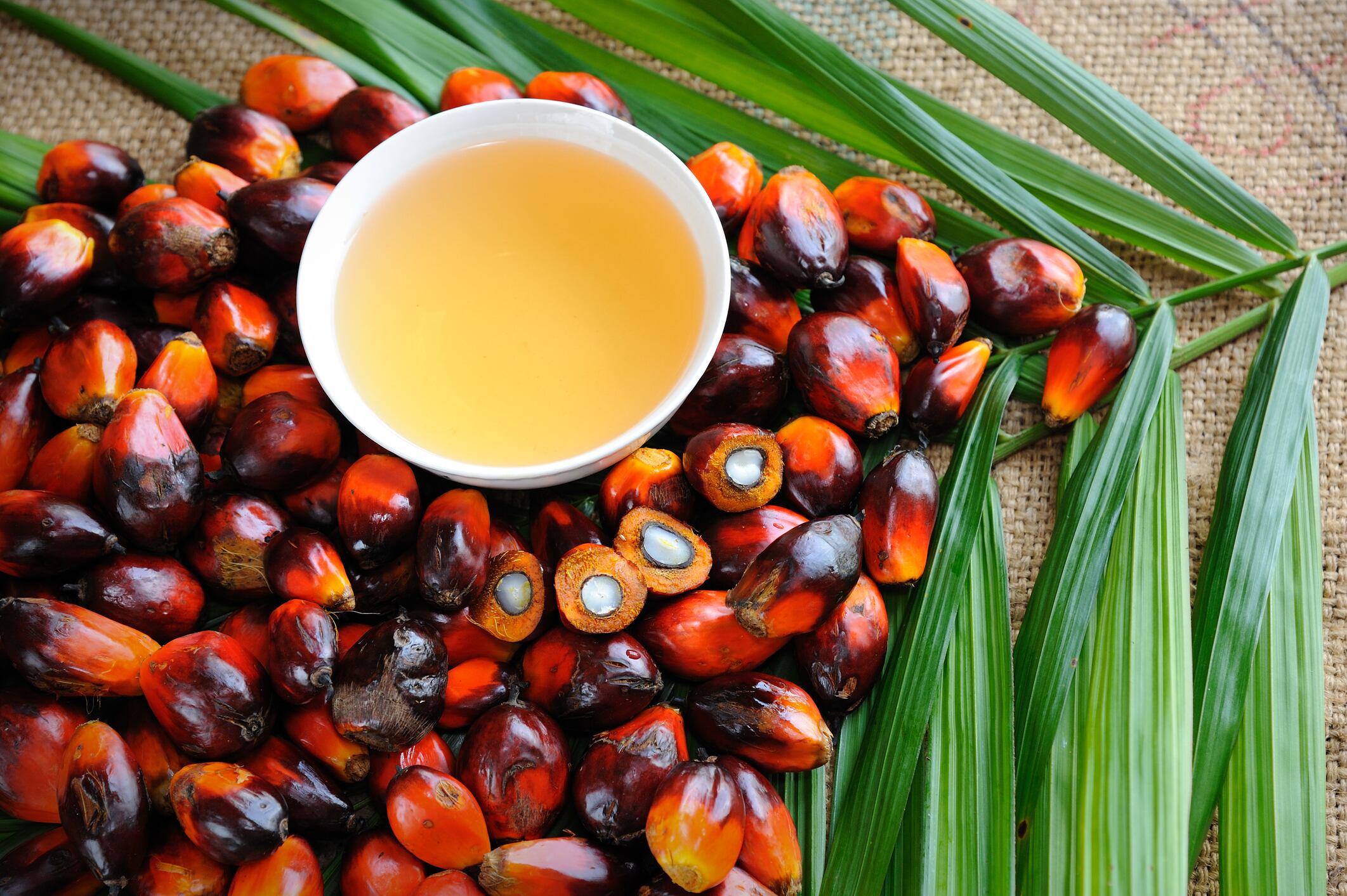
Only 19% of global palm oil volumes are RSPO certified and RSPO says growth is stabilising. In the Podcast, RSPO says sustainable palm demand is mainly in Europe and the US, while demand is low in large palm consuming countries such as India, Indonesia and China.
Other crops need more land, says RSPO
Speaking to Lumina Intelligence’s ‘Sustainable Food & Drink Podcast’, Inke van der Sluijs, head of European operations at the Roundtable for Sustainable Palm Oil (RSPO), the main standard for sustainable palm, said: “Moving away from palm oil is not solving anything.
“The plant producing palm oil is four to ten times more productive in terms of oil yields per hectare than other vegetable oil crops.
“So if you replace palm oil with another oil, you need more land.”
She urged retailers to join efforts to make palm more sustainable rather than “demonising a crop for their own reasons”. She called palm boycotts “a cheap marketing trick”.
“It’s actually quite misleading to have a no palm oil claim on pack to increase your sales. It’s very short-sighted," she alleged.
‘No choice’
Greenpeace told us in a statement it is not calling on a boycott of palm oil.
“What we want is deforestation to stop,” it said.
“Supermarkets and major brands are big customers of palm oil and they have a role to play in demanding that palm oil is produced without fuelling the climate or exploiting people.
Incoming RSPO standard for independent smallholders
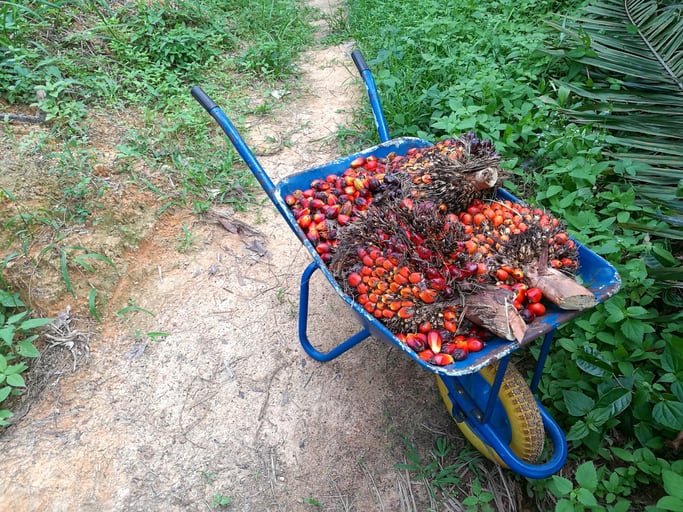
About 40% of global palm production globally comes from smallholder farmers. van der Sluijs said: “This means you have a challenge if you want to move to sustainable production because smallholders are more difficult to reach and have, in general, lower awareness around sustainability issues.” RSPO this year is drafting a new standard for independent smallholders, those not contracted by mills.
“So if the palm oil industry insist in business as usual, consumer brands would find themselves with no choice but to stop buying palm oil altogether,” it said.
Iceland did not respond to a request for comment.
Selfridge’s referred us to its press release in which Simon Forster, managing director of Selfridges, said: “We believe that until certified palm oil guarantees zero deforestation our customers should be given the option to buy palm oil free products.”
Lumina Intelligence Sustainability research found only 10 of the bestselling online chocolate products of 1,358 analysed across 20 countries carry a ‘no palm oil’ claim.
But RSPO sees an increase in products making such claims. It argues bans could prompt a move to other vegetable crops, leading to more environmental destruction.
Compliance with RSPO’s new standard
RSPO adopted a new standard in November 2018. It has preserved a no deforestation clause, but has changed its definition of forests.
The old standard required forests important for biodiversity, communities and species to be preserved, while the new standard now includes high-carbon stock forests.
Greepeace said that RSPO’s previous standards “have allowed members to destroy rainforests and exploit workers and displaced communities”.
It argued the new rules will take several years to implement “while members continue to clear forest with impunity,” it said.
“As things are standing, no company can solely rely on the certification body to ensure 100% compliance of its sustainability policy,” argued Greenpeace.
In the podcast, Van der Sluis discusses:
- Compliance with the new standard
- If monoculture palm plantations can be sustainable
- If members that have previously cleared forests can be RSPO Certified
- If smallholders or commercial plantations are driving deforestation
- A growing demand for palm oil with a predicted uptick in African production
- And a slowdown in demand for sustainable palm oil.
[Music credit: Blue Dot Sessions]
Sustainable Food & Drink Podcast - Lumina Intelligence
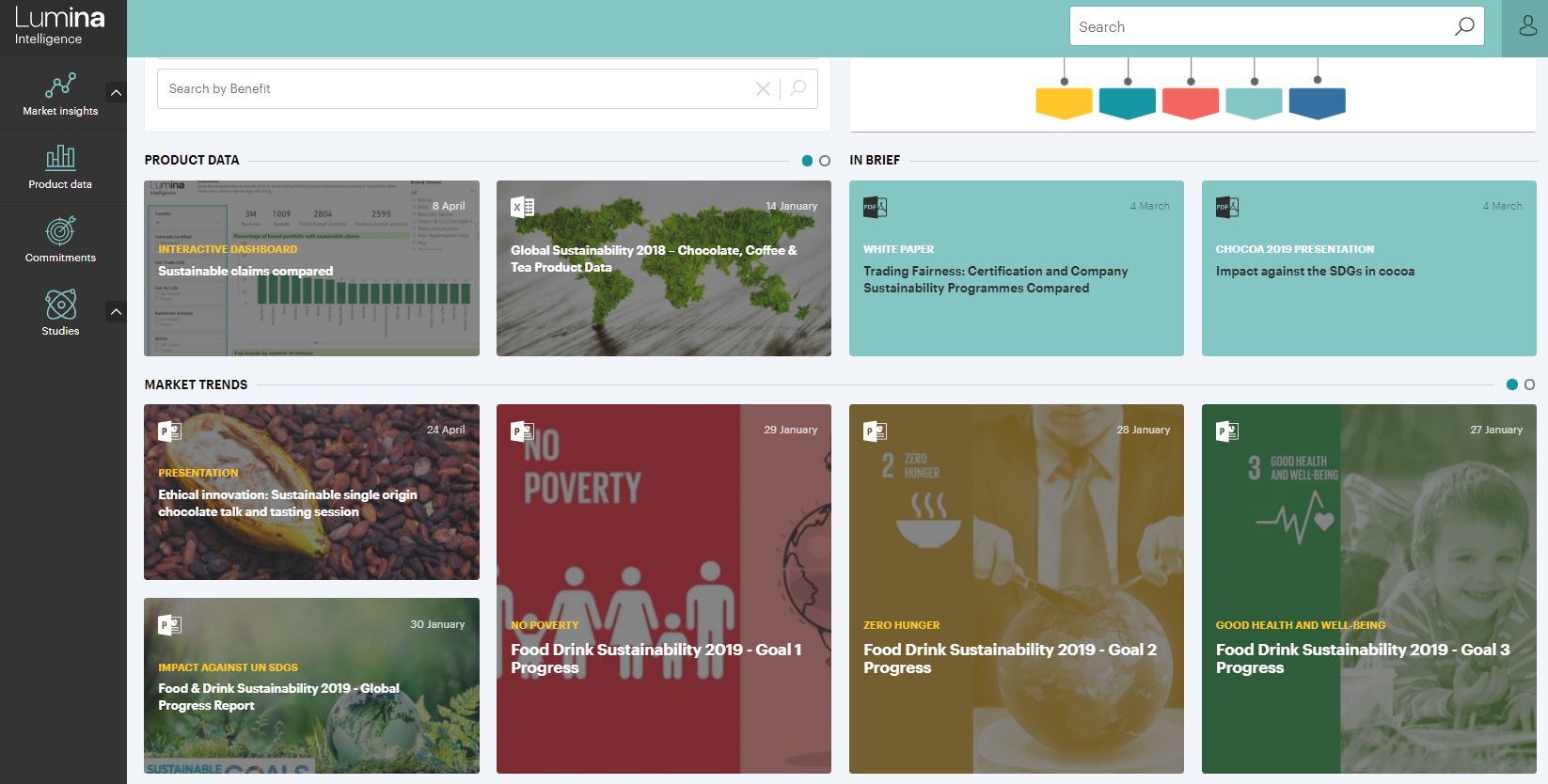
Lumina Intelligence Sustainability provides insights on the sustainable sourcing of cocoa, tea and coffee – three commodities facing similar social and environmental concerns.
The subscription service supports companies, suppliers, NGOs, governments and academics looking to strengthen their programmes, target research efforts and gauge demand for ethical products among online consumers. See website for further details.
Subscribe and Listen to Lumina's free Sustainable Food & Drink Podcast on iTunes & Spotify.

